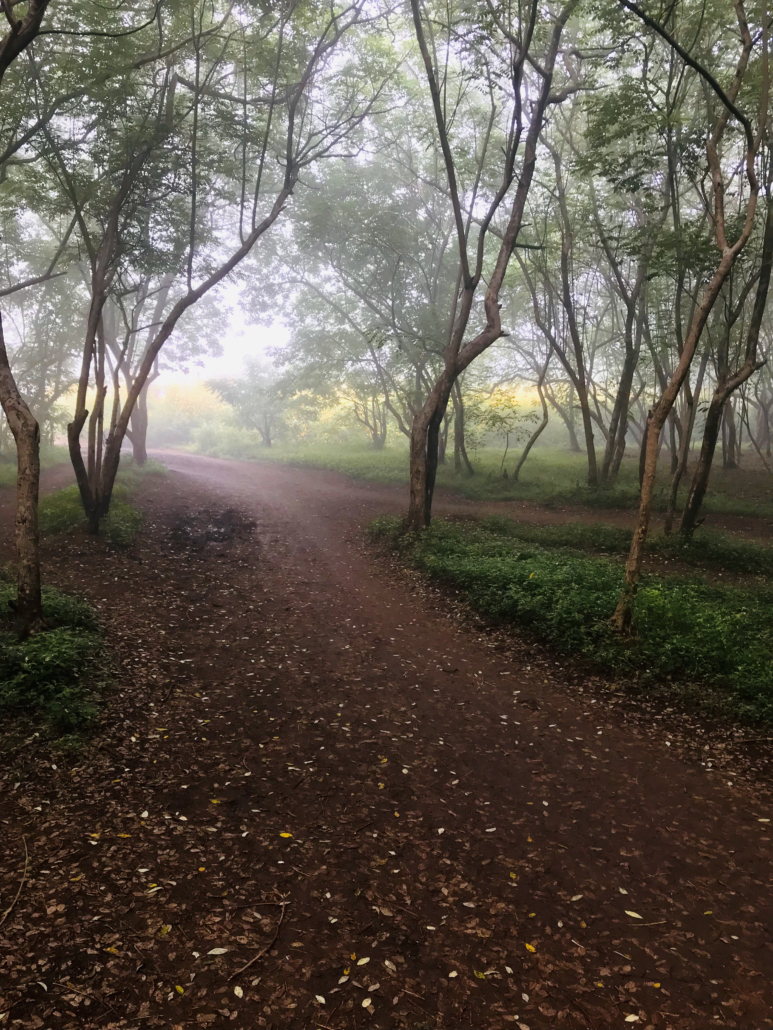My daughter Sanna must have been around ten years old, or maybe just a little less. We lived in Denmark at the time, at an International College for adults. Caroline must have been in her early forties, a successful black woman from Chicago who had enrolled for a summer course at the college. Bright, passionate and contemplative, Caroline was at crossroads in her life, searching for that elusive something that would bring meaning and joy.
It was a Sunday morning and Sanna and I were walking in the grounds and we ran into Caroline who was out for a walk. Sanna was carrying an empty basket in her hands, pretending to be shopping. Caroline greeted her with her customary smile and said, “What have you got in that basket, honey“? Sanna replied with a smile, “Everything”.
I watched as the smile left Caroline’s face and a strange stillness entered her. The incongruence between a little girl’s perspective of abundance, and Caroline’s struggle for meaning despite a hugely successful career began to dawn upon her. There were tears in her eyes as she left us. I met Caroline again a couple of days later. She had made the time to ponder over her feelings of emptiness, and there was a new light in her eyes. The fog had lifted a bit.
“If the doors of perception were cleansed every thing would appear … as it is, Infinite..”, wrote William Blake more than a hundred years ago. We perceive through a fog of thoughts and emotions, and what we end up seeing is a projection of our anxieties, beliefs and fears. Like the shadows on the walls of the cave in Plato’s story, we end up seeing a mere reflection of our “selves”, but assume it to be real.
Everything we do begins with what and how we perceive, and yet somehow this seems to be weakest link in how we make sense of the world and respond to it. Weighed down by holding on to the ghosts of the past, and held prisoner by illusions about the future, we remain trapped in a reality of our own making. But every once in a while we are reminded about a different reality, one that blows apart the narrow caverns through which we gaze at the world. These moments – like the one that Caroline experienced – are precious, if we choose to make them so.
Otherwise we remain doomed to look but not see.


